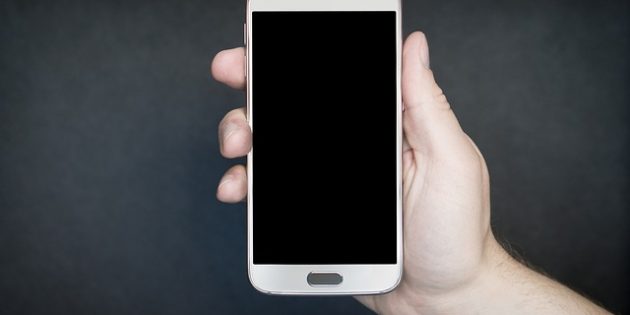Why The Poor Man’s Copyright Doesn’t Legally Work For Your Music

*This article may contain links to affiliate products & services. We have reviewed these services to try and ensure the highest quality recommendations*
Written by Jaron Lewis
First off, you may be wondering what in the world a “poor man’s copyright” is. A poor man’s copyright is mailing something to yourself as proof of original creation. The problem is, the copyright law even states that there isn’t a way to protect it and it can’t substitute official registration. Copyright laws can be really, really confusing but we’ll help you out.
Why The Poor Man’s Copyright Doesn’t Work
The main reason the poor man’s copyright isn’t recommended is because it won’t stand up in the court of law as well as an actually registered copyright. You won’t have access to all the laws put in place to protect your creation because you didn’t register it.
Mail is easily tampered with and thus the poor man’s copyright will not stand up in a court of law as valuable evidence. Beyond that, the poor man’s copyright is rarely recognized as a definitive date and proof of creation or ownership in a court of law.

What Can You Do?
Since 1978, the copyright laws have changed in the creator’s favor. Now, anything you create automatically is copyrighted to you. This means that, legally, this piece of work is yours and will be recognized as such. Now, that doesn’t mean you can just ignore registration and be totally fine. To obtain the full protection the copyrights provided, you have to legally register the copyright in your name.
For example, the statutory damages rule states that the court can fine people for infringing on your copyright. Without registering officially for said copyright, the court will not fine people. While, yes, your work has minimal coverage upon completion, registration with the copyright office is the only true and definitive way to gain access to all the protections the law offers.
Don't Believe The Myth
Copyright laws can be confusing and time-consuming, but it’s very important that you don’t just fall back on the myth of the poor man’s copyright to be the only copyright protection of your material.
It tends to not stand up in a court of law or serve as proof of definitive creation or the date of creation. Even though copyright law changed in 1978 to cover any work you create upon completion, that doesn’t mean you shouldn’t go and register it with the government to get an official copyright. Registration is the only way to guarantee you get full access to the protection the copyright laws can offer you. We hope this has helped you sift through some of the complex laws and confusing myths.
When your song is ready to go, it's time to start promoting it to potential fans! Omari has the best organic promotion services money can buy. With packages for Spotify, TikTok, Instagram, and YouTube, we will get your music the traffic and attention it deserves! Click below for more information.
SPEAK YOUR MIND
How This INDIE Artist Got Over 67,598,275 Streams On ONE Song
Join the No-Nonsense Music Marketing Newsletter to get the most valuable weekly case studies and strategies to grow your music business!



